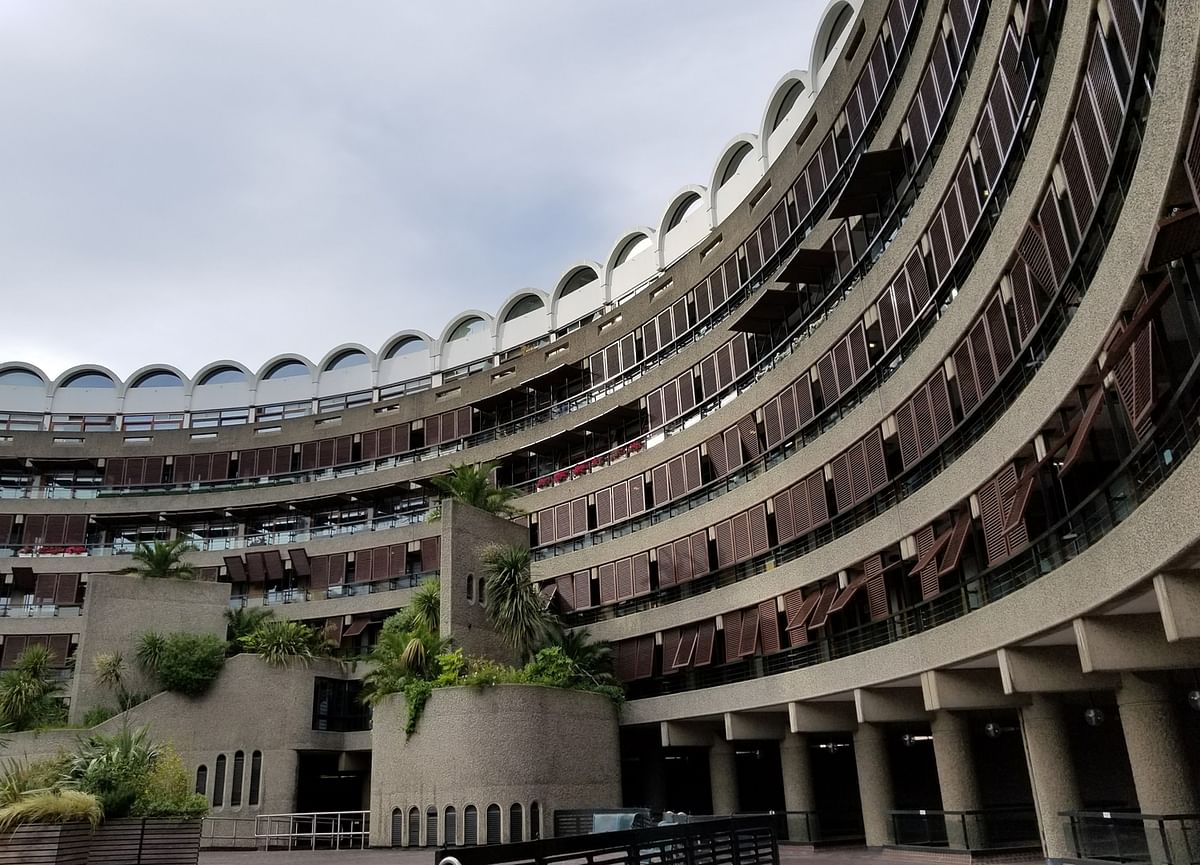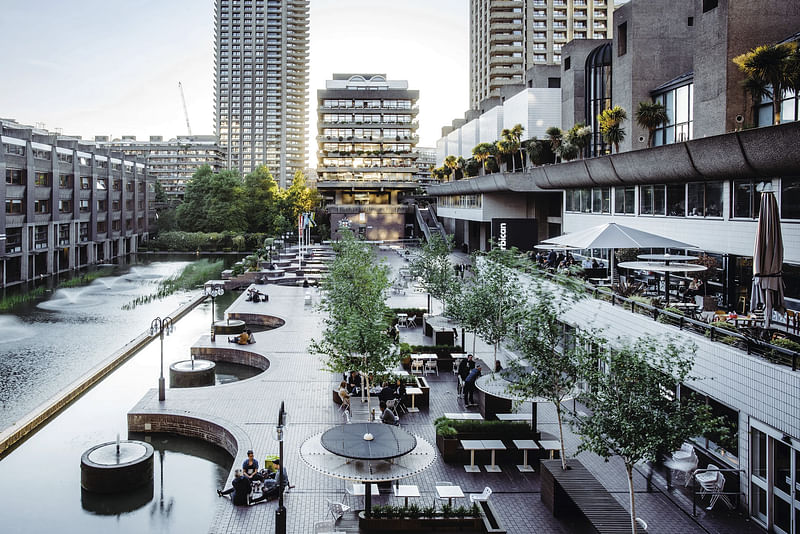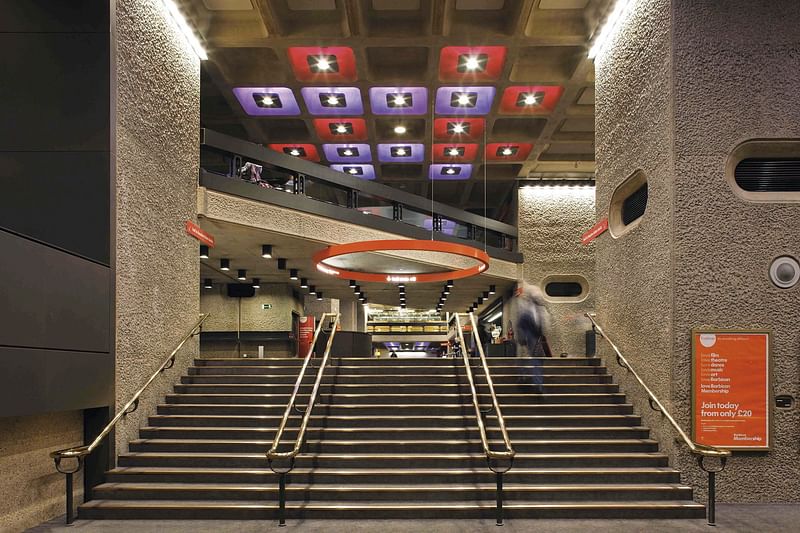
Allies and Morrison and Asif Khan Studio to lead Barbican Centre revamp
By Josh Niland|
Thursday, Apr 28, 2022
Related
A winning entry has been announced in the highly-publicized Barbican Centre redevelopment contest, signaling an end to the open competition first announced in September of last year by the City of London Corporation.
In a public announcement, the Barbican just revealed that the UK-based duo of Allies and Morrison and Asif Khan Studio will now spearhead the revamp of the Grade-II listed Brutalist icon beating out shortlisted bids from BIG, DS+R, Adjaye Associates, and Feilden Clegg Bradley Studios.
The team now has to submit several different proposals to coincide with the project’s sliding budget range, notably reduced to between £50–150 million following the cancelation of the original redevelopment plans, and newfound mandates pertaining to adaptive reuse with help from a range of consultants including Buro Happold, Hood Design Studio, and acoustic engineers Charcoalblue.

“We are interested in the notion of 'revealing,' of finding places of untapped potential within and around the walls of the Barbican,” said Allies and Morrison’s Simon Fraser. “Not only will this approach offer substantial savings in embodied carbon, and respect the Centre’s significant heritage value, but it opens myriad opportunities for creative, inclusive reinvention.”
As the design brief stipulates, the project will entail significant improvements to the wayfinding and user experience of the overall development in addition to sustainability upgrades that will bring the now 40-year-old development in line with the city’s ambitious 2027 net-zero emissions goal.
“This is a once-in-a-lifetime opportunity to shape the future of this iconic centre for arts and learning, and strengthen its ability to play a leading role in the recovery of the City, and the capital, from the pandemic,” the Barbican Centre’s board chair Tom Sleigh shared.

Asif Khan also emphasized the importance to him as a Londoner, adding finally that his hopes are for the project to breathe new life into one of the city’s most important civic spaces.
“My dad first brought me to the Barbican just after it opened to the public in 1982. From those early visits as a two-year-old, we would spend countless Sundays enjoying the free program and public spaces […] This renewal project will care for the things we all love about the place, solving parts which could have been better, but most importantly, helping to open up the Barbican to London and Londoners in ways that couldn’t be imagined before.”

RELATED NEWS Barbican Renewal competition reveals five shortlisted teams


Share
0 Comments
Comment as :